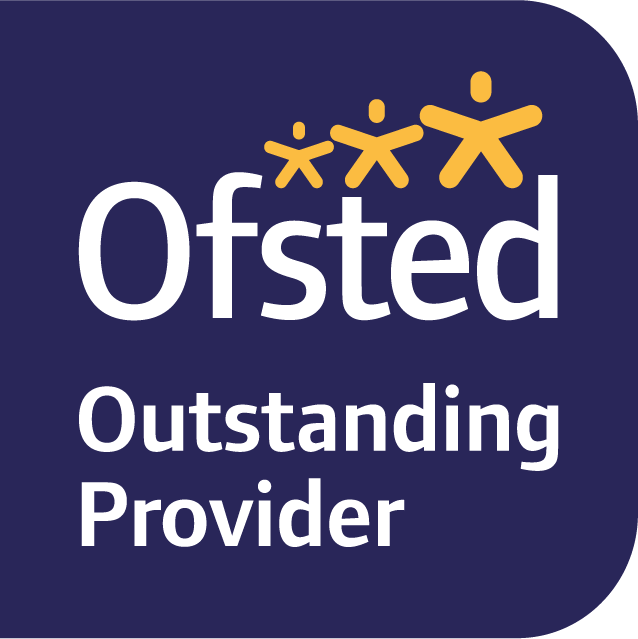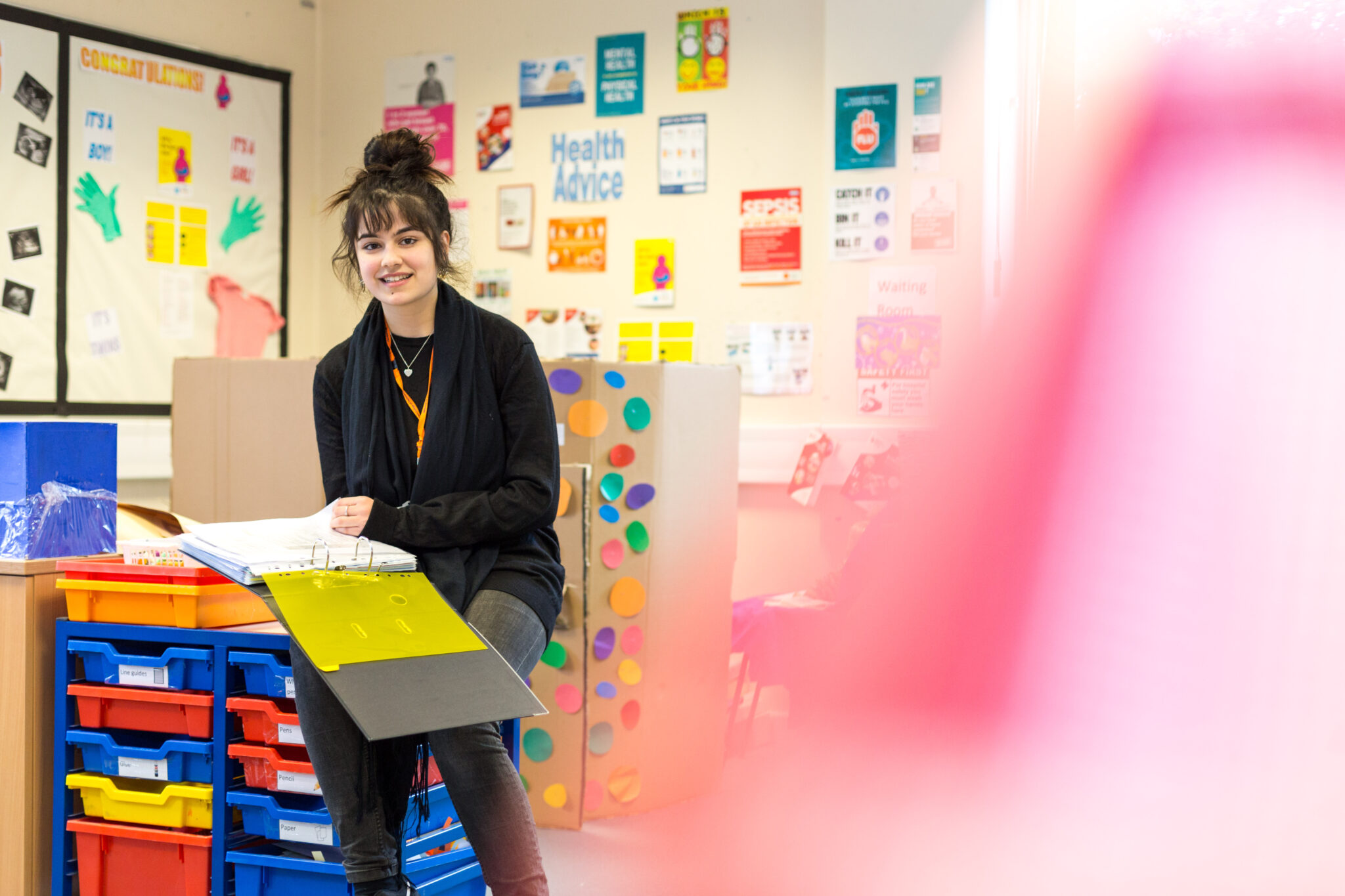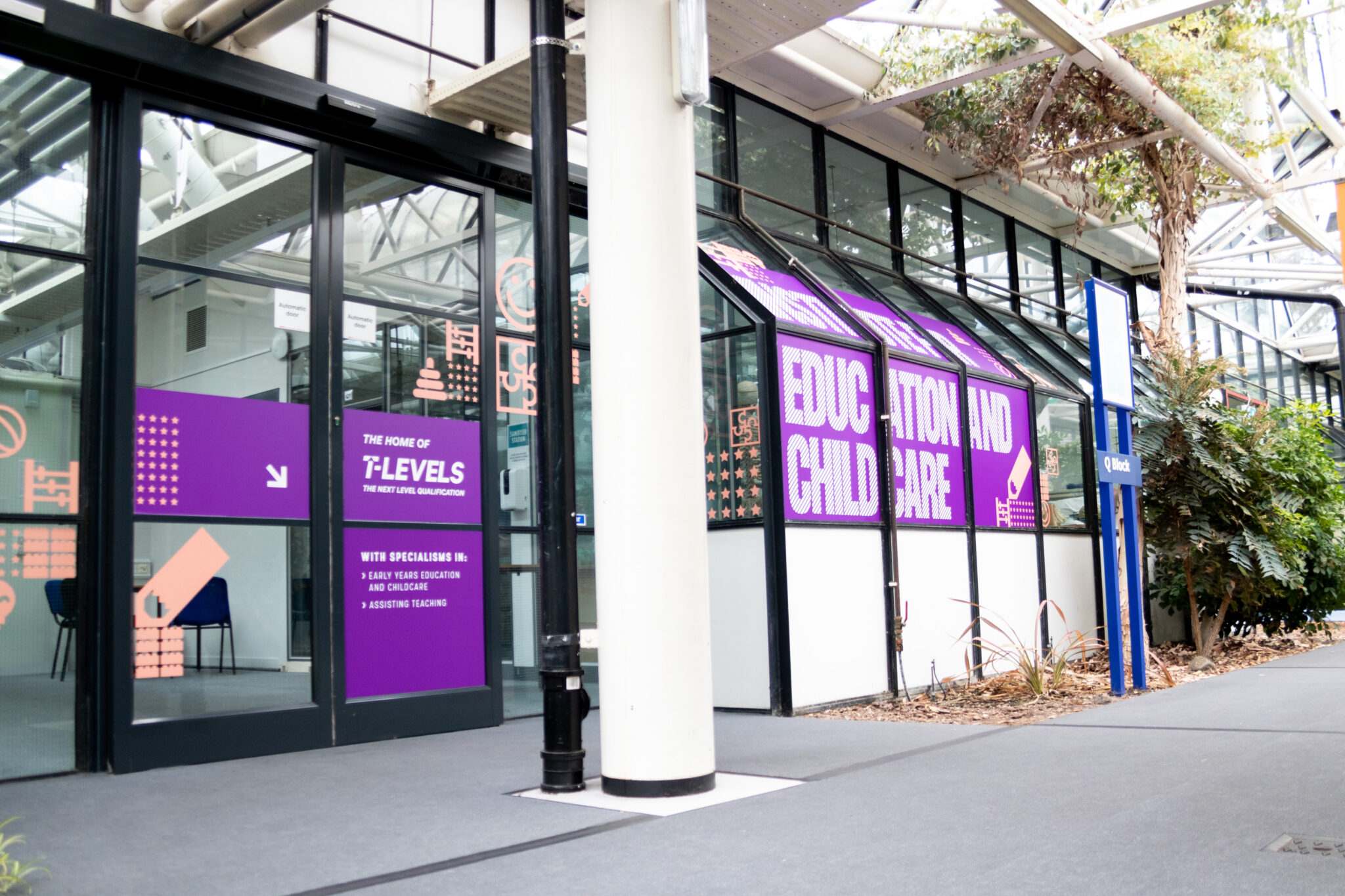My Farnborough Story
Overview
About the course
Farnborough College of Technology is blazing a trail for ambitious students through this prestigious new qualification. Designed with great input from employers, the content is up-to-date, relevant, engaging, and can lead straight into a career.
This comprehensive new T Level will give you an overview of teaching and how to support teachers in their work. It has been designed in collaboration with education professionals and is a great new route to begin your career in education. The topics you learn will help you launch a career in a setting of your choice, supported by your industry placement where 20% of your time is spent.
The first half of this course is shared with the Early Years T Level, before your specialism in Assisting Teaching begins in the second year.
Who is this programme for?
This course is ideal for School Leavers who want to pursue a career working with, or educating, children. The course provides a route into university or higher education.
T Levels at Farnborough
T Levels are two-year, technical programmes designed with employers to give young people the skills that industry needs. They give students aged 16 to 18 a technical alternative to A Levels and will help them to get a skilled job. T Levels provide a mixture of:
- Technical knowledge and practical skills specific to their chosen industry or occupation
- An industry placement of at least 45 days in their chosen industry or occupation
- Relevant maths, English and digital skills
- Common workplace skills
Students who achieve a T Level will get a certificate recognised nationally by employers which will set out what they have achieved as part of the programme.
When they complete a T Level, students will be able to choose between moving into:
- A skilled occupation
- Degree level apprenticeships
- Higher level technical study, including university
Contact Us
If you have any questions about this course then please contact us by phone on 01252 40 55 55 or message us.
Your course
What modules are covered?
Year 1:
Wider context: an overview of childcare and education 0-19; working in the sector, roles and responsibilities plus career opportunities.
Supporting education: different key stages, skills and characteristics that support education, pedagogical approaches, the role of metacognition, using technology and factors affecting development of literacy and mathematics.
Safeguarding, health and wellbeing: statutory guidance, legal requirements, children at risk and in need, signs of danger or abuse and impacts.
Behaviour: the stages of development and factors that impact behaviour and therefore the implications for managing behaviour.
Parents, families and carers: working effectively with these people.
Working with others: agencies and services that support children, families and carers, developing professional boundaries and relationships.
Child development: expected patterns of development from 0-19 including language, social interaction, wellbeing, transitions and significant events.
Observation and assessment: purposes and importance of assessment.
Reflective practice: current priorities and debates in education, continuing professional development, development feedback and strategies.
Equality and diversity: legislation, regulation and codes of practice.
Special educational needs and disability (SEND): principles of inclusion, relevant laws, codes of practice and professionals/organisations.
English as an Additional Language (EAL): stages of acquiring language and factors affecting it, strategies to support those learning EAL.
Year 2:
The Assisting Teaching Specialist Unit will focus on:
-
Supporting the class teacher to enhance children’s education, individually and in groups
- Planning, providing and reviewing educational opportunities in collaboration with teachers and other adults
- Safeguarding and promoting the health and safety and wellbeing of children and young people
- Recognising, adapting and responding to individual children’s needs, including those with SEND, to support development and access to the curriculum
Your future
What Next?
You could start a career in the education sector or continue studying a related subject at university, such as teacher training.
Entry Requirements
What previous qualifications and experience will I need?
From School:
- Five GCSEs at grades 9-4
- To include English and maths GCSEs at 9-4
From College:
- Relevant level 2 qualification at merit grade or higher
- English and/or maths at level 2 or higher
Further development pathway to Qualified Teacher Status requires science at 4:4 (combined science) or above.
Ask a Question
Course Enquiry
Please contact us through the form below. After submitting a form we will contact you as soon as possible. We will delete your information one month after the beginning of the next academic year.
Apply
Apply
You can apply for this course online.





.jpg)





